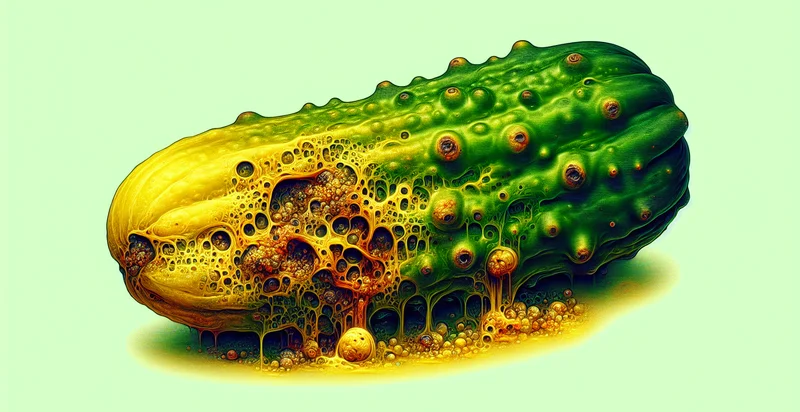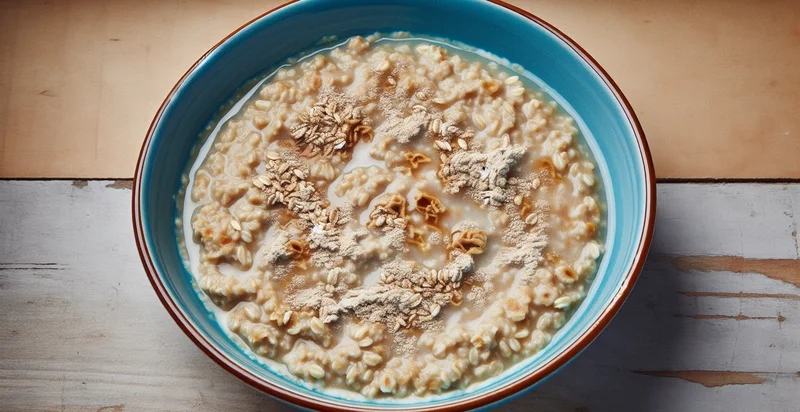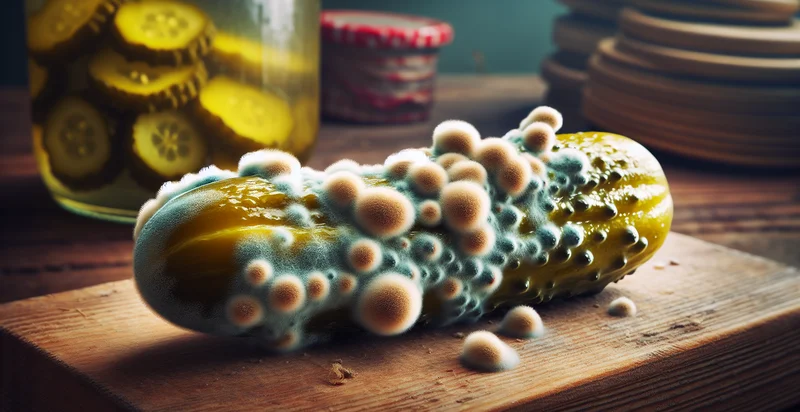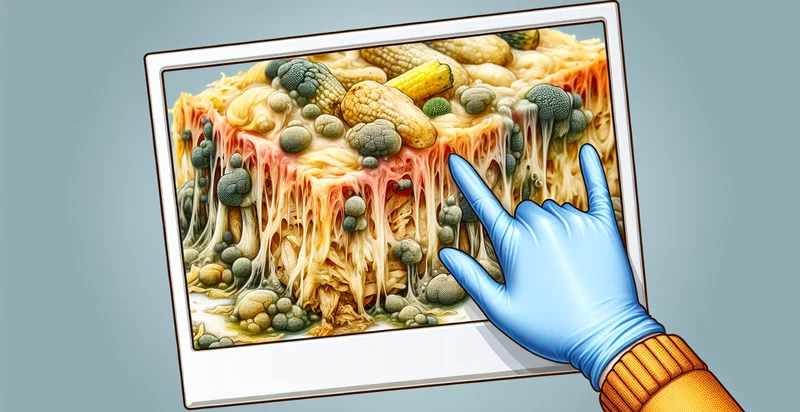Identify if pickle is rotten
using AI
Below is a free classifier to identify if pickle is rotten. Just upload your image, and our AI will predict if the pickle is rotten - in just seconds.

Contact us for API access
Or, use Nyckel to build highly-accurate custom classifiers in just minutes. No PhD required.
Get started
import nyckel
credentials = nyckel.Credentials("YOUR_CLIENT_ID", "YOUR_CLIENT_SECRET")
nyckel.invoke("if-pickle-is-rotten", "your_image_url", credentials)
fetch('https://www.nyckel.com/v1/functions/if-pickle-is-rotten/invoke', {
method: 'POST',
headers: {
'Authorization': 'Bearer ' + 'YOUR_BEARER_TOKEN',
'Content-Type': 'application/json',
},
body: JSON.stringify(
{"data": "your_image_url"}
)
})
.then(response => response.json())
.then(data => console.log(data));
curl -X POST \
-H "Content-Type: application/json" \
-H "Authorization: Bearer YOUR_BEARER_TOKEN" \
-d '{"data": "your_image_url"}' \
https://www.nyckel.com/v1/functions/if-pickle-is-rotten/invoke
How this classifier works
To start, upload your image. Our AI tool will then predict if the pickle is rotten.
This pretrained image model uses a Nyckel-created dataset and has 2 labels, including Pickle Is Good and Pickle Is Rotten.
We'll also show a confidence score (the higher the number, the more confident the AI model is around if the pickle is rotten).
Whether you're just curious or building if pickle is rotten detection into your application, we hope our classifier proves helpful.
Related Classifiers
Need to identify if pickle is rotten at scale?
Get API or Zapier access to this classifier for free. It's perfect for:
- Quality Control in Food Production: Implement the 'if pickle is rotten' identifier in food processing plants to automatically assess the quality of pickled products. By integrating this function into existing quality assurance systems, manufacturers can ensure only fresh, safe products reach consumers, reducing waste and improving customer satisfaction.
- Inventory Management for Grocery Stores: Grocery stores can use this classification function to manage inventory by identifying spoiled pickles on their shelves. This enables staff to quickly remove rotten products, ensuring a higher overall quality of produce available to customers and minimizing potential health risks.
- Food Waste Reduction Initiatives: Local food banks and charities can utilize this technology to accurately identify and sort donated pickled goods. By ensuring that only non-rotten pickles are distributed, organizations can enhance food safety and efficiency in their operations, while also reducing overall food waste.
- E-commerce Quality Assurance: Online grocery delivery services can employ the identifier to verify the freshness of pickles before they are shipped to customers. This technology ensures that customers receive high-quality products, thereby enhancing their trust in the e-commerce platform.
- Home Kitchen Management Apps: Mobile applications designed for home cooks can integrate this classification function to help users manage their pantry. By allowing consumers to scan their jars of pickles, the app can inform them if the pickles have gone bad, promoting food safety and reducing food waste.
- Restaurant Supply Chain Optimization: Restaurants can utilize the 'if pickle is rotten' identifier to assess incoming inventory and reject spoiled products immediately. This real-time monitoring can help maintain high culinary standards and customer satisfaction by ensuring only fresh ingredients are used in food preparation.
- Research and Development for Food Preservation: Food scientists developing new preservation techniques can leverage this function in experimental setups to assess the effectiveness of different methods on pickle longevity. This can lead to innovations in food preservation that improve safety and shelf life for consumers.


